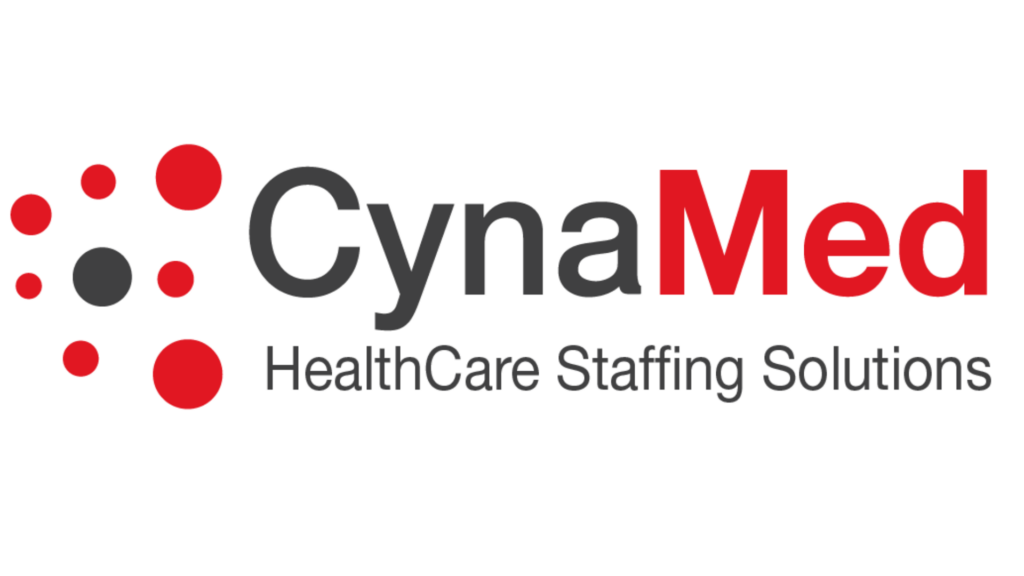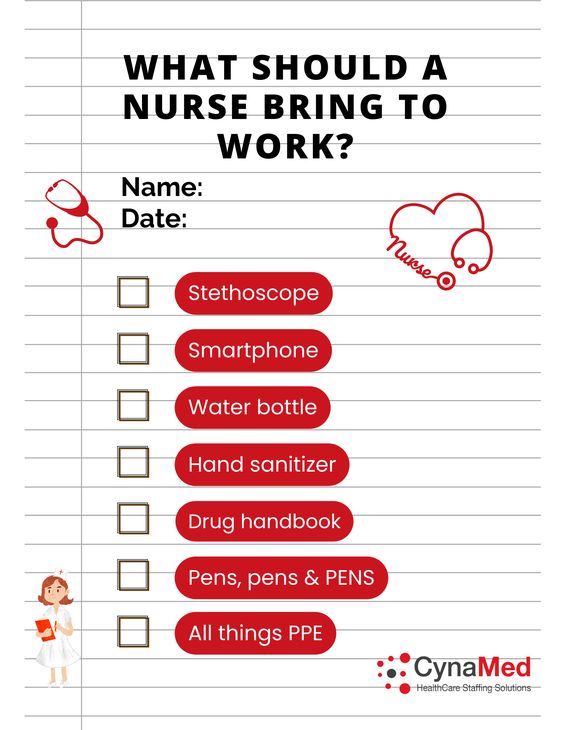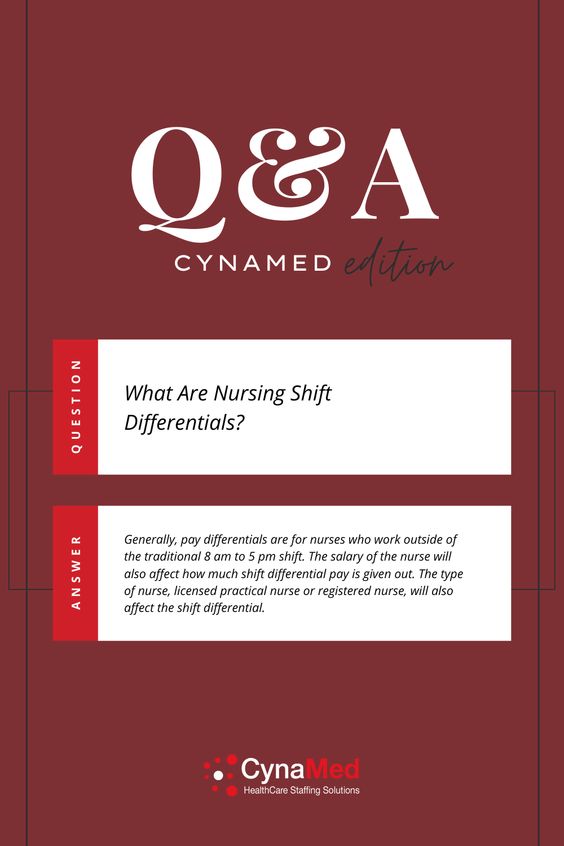
Home » CNA Resources
CNA Resources
Ready to Get to Work? Apply today start working in as little as 24-hours. Or, signup for job alerts and be notified of new opportunities!
Work Life
- How CNAs Can Build a Good Reputation with LPNs and RNs
- 5 Tips to Excel in Your First CNA Job
- Starting Your Nursing Career as a CNA: Tips to Be More Confident
- CNA Jobs: Interview Tips and Advice to Help You Land Your Dream Job
- What Are the Most Common Questions Interviewers Ask for CNA Jobs?
- What Is the Most Challenging Factor of Working as a CNA?
- In What Healthcare Areas Can CNAs Work?
- Working as a CNA: How Many Hours Do You Need to Put In?
Obtaining or Renewing Your CNA License
Choosing a CNA Career
Financial Aid
Education
CEUs
FAQ
Nursing jobs mainly take place in nursing homes, assisted living facilities, and hospitals. These healthcare facilities operate 24 hours a day, 7 days a week, because patients require around-the-clock care. Providing patients with constant care means that CNAs are part of a nursing team that must work nighttime, weekend, and holiday hours.
Typically CNAs can expect the option to work very long hours. If you are available to work full-time hours, you are guaranteed 8 -12 hour workdays. Since CNAs are in high demand, overtime is an option that you can speak with your superior about adding to your schedule. You will likely have the opportunity to work more hours and be paid accordingly.
You can expect to work five 8 hour shifts in a row with two days off every week. These shifts can be during the daytime, afternoon, or nighttime hours. CNAs are also commonly offered 12-hour shifts, three days per week. Shifts widely run from 7 am to 3 pm, 3 pm to 11 pm, and 11 pm to 7 am.
CNAs also can work for private practices, in at-home jobs, and on hospice care. The patient will curtail these hours to their specific needs.
One factor that can lead to burnout is the shift lengths. Shifts can last up to 12 hours. Those working CNA jobs often say there is too much to do and not enough time to do it. For instance, when 12 hours isn’t enough time to finish your work for the day, it gives you a sense for how hard they work in each shift. Nursing assistants have an abundance of responsibilities, which can be overwhelming. If you do not stay organized and on top of everything, it is easy for things to pile up.
The job can also be physically demanding, as caring for sick or immobile patients requires physical stamina. It requires a lot of lifting, bathing, cleaning, etc.
After looking at your options, compare programs for features that are important to you. One of those factors should be the length of the program. You can become a CNA with a minimum of 80 hours. Nevertheless, the Pennsylvania Department of Education recommends a combined total of 130 hours of classroom instruction and hands-on clinical practice. In other words, the fastest way to becoming a CNA is not always the best option.
Try to find a CNA certification program that not only fits your needs but strikes the delicate balance between fast and high-quality. If you have the time to invest in a better education, use it. If you need to get the certification as fast as possible, then your best option may be to choose an 80-hour program. Use the list above to check the number of program hours.
Other factors to consider are reputation, location, cost, schedule, and whether they include specialty certifications. These certifications may include BBP, HIPPA, or CPR. They may be disciplinary specialties like phlebotomy or hospice care. You may also want to choose a program that includes a CNA exam preparatory course. All of these specifics will determine the best and fastest way for you, as an individual, to become a Certified Nursing Assistant.
After completing your education, take the CNA exam to get your Certified Nursing Assistant license and land CNA jobs.
For more nursing career information and advice, visit CynaMed.
According to the Certified Nursing License website, you should get your license renewed as soon as you are in the renewal process. Waiting too long to renew your license could result in missing something that could jeopardize your licensure. Plus, you will need to pay a renewal fee. You might have to show proof of employment, pass a background check, and possibly pass continuing educational classes. It’s essential to review the requirements per your state. Then you will complete a renewal application.
CynaMed explains that if you do not get your CNA license renewed, you will be unable to continue working as a licensed CNA. You will get a delinquency fee upon renewal. If you continue to work without a CNA license renewal, the respective authorities can hold you responsible for hefty fees and penalties from your state’s licensing board or licensing authority.
If you allow your license to expire, there are options to renew it immediately. Also, if there has been little time and you are in the grace period of your expiration date, you can complete the renewal process with an added late charge. If it has been two years since your expiration date, your license is considered null and void. You will need to contact your licensing authority. Also, you will need to complete the CNA training process again. You will need to pass skill tests, and through this process, you will garner an up-to-date CNA license. Cynamed will be happy to help continue your career journey by finding a new position that is perfect for your needs. Apply at Cynamed today!
Videos
Pinterest Boards
Blog
- All
- Blog
- CNA
- All
- Blog
- CNA
How to Obtain a Med Tech Certification for Personal Care + Assisted Living in PA
What Does Working in Skilled Nursing Homes Entail?
An LPNs Guide to Success










